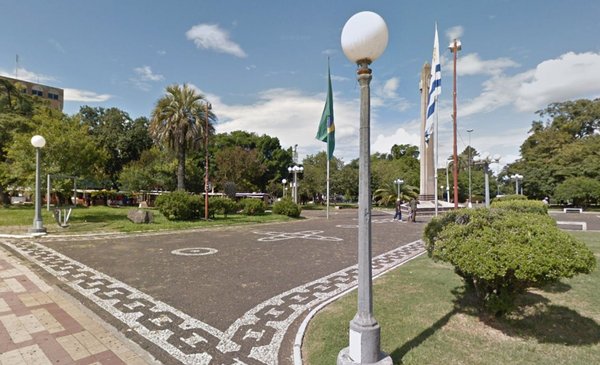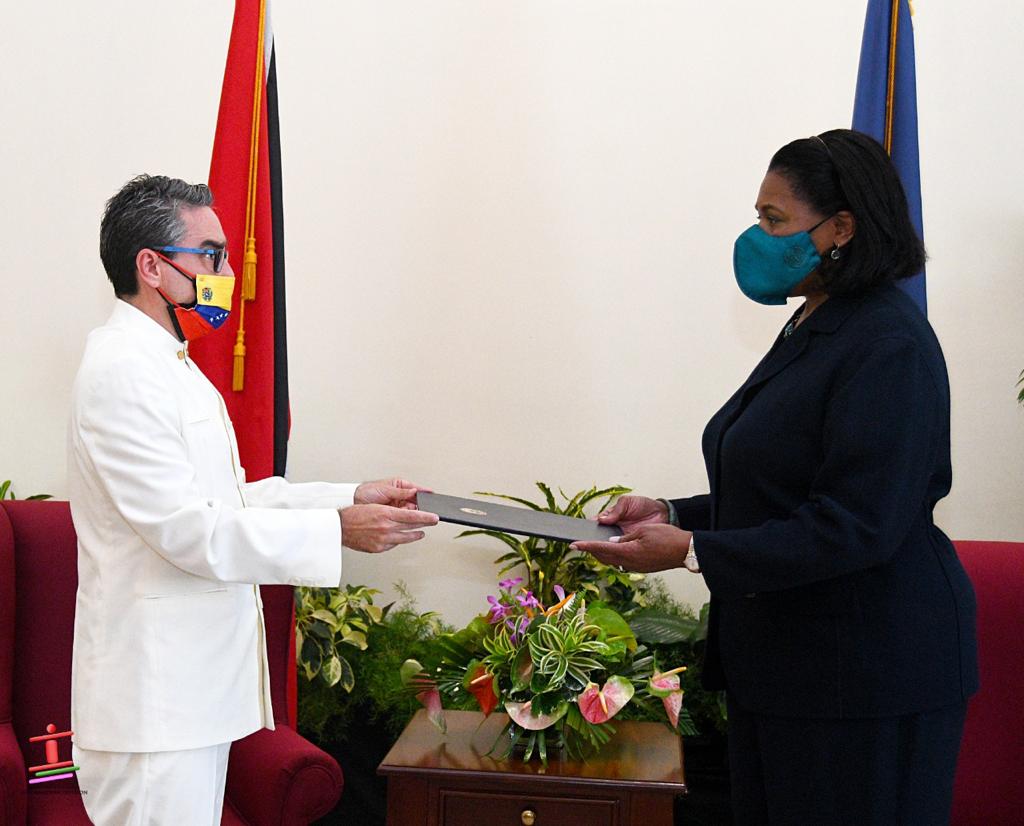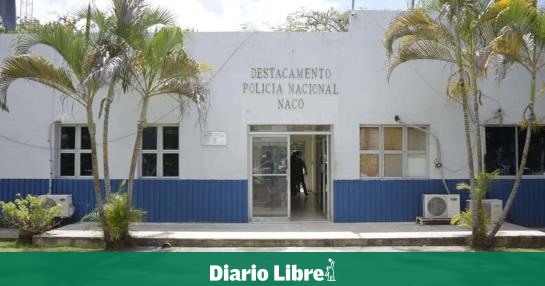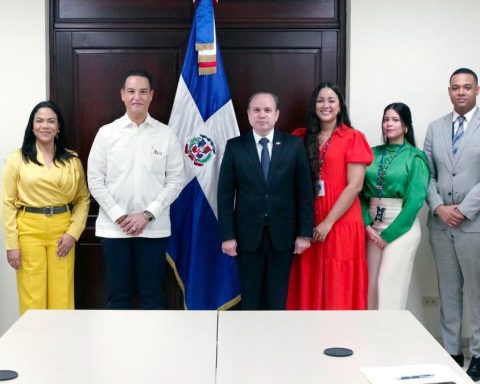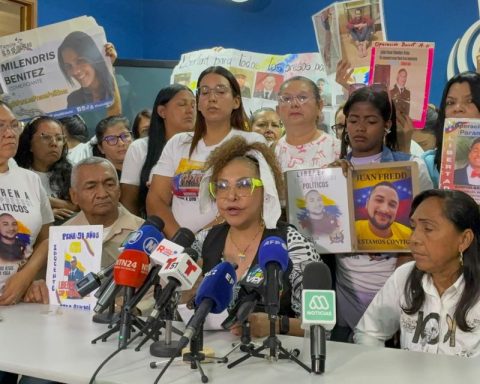The Minister of the Interior, Luis Alberto Heber, will meet next week with the new Brazilian ambassador, Marcos Leal Raposo. The objective of the meeting will be to deepen various lines of cooperation action between the two countries in terms of security in the border area. This was confirmed to The Observer official sources, noting that at the meeting the minister will present to the diplomatic representative his special concern about the presence of very dangerous prisoners in Brazilian jails near the border with Uruguay.
In particular, certain leaders of powerful gangs linked to drug trafficking and organized crime, in the style of the Primeiro Comando da Capital (PCC). The concern of the authorities is given by the incidence of these inmates in criminal activities on the border, with direct repercussions on the Uruguayan side. In this regard, the sources indicated that one of the options will be to raise the possibility that Brazil transfer those prisoners and move them away from the area.
This is a situation that has been worrying the Uruguayan authorities for some time. In October of last year, Heber had publicly indicated his concern about the violence in the Uruguayan cities located on the border with Brazil. Specifically, he had suggested that Rivera was one of the entry points for Brazilian gangs that chose to operate in Uruguay.
In August of that year, the Ministry of the Interior gave an account of “Operation Manabi”, which made possible the arrest in Rivera of two members of OsTauras, another of the most dangerous Brazilian criminal gangs, which intended to settle on the border and displace the operation of you hands, a rival group, in the drug distribution business in the area.
A note from The Observer posed in april this year that the dispute between the two gangs had been plaguing the city of Rivera. Of the eight homicides registered there between January and March 2021, six were linked to drug trafficking. A legal operator who controls the evidence presented in the cases said that, when the information on the confiscated phones is analyzed, the leaders of these gangs speak of Rivera as a “easy land border”. “Here in Rivera everyone walks in the street with a gun, like someone who walks with a cell phone in their pocket,” another judicial operator pointed out.
The factions that dispute the drug market so much recruit people to work together with them and the fact of “changing sides” often provokes confrontations that end with the deaths of some of those involved. They also face addicted consumers who do not pay. They go from one side of the border to the other, which is why coordination with the Brazilian police is crucial. Rivera Police Chief Wilfredo Rodríguez told The Observer that coordination with their Brazilian peers is “excellent” and occurs at all levels of the forces: federal, road, military, etc. The narcos “live changing the strategy” and force them to change it, he said. Although he warned that these criminal organizations “come from less to more”
The situation on the border has repercussions at the international level. In recent months, the specialized portal Insightcrime devoted a special edition to the subject, noting that the gang war in Rio Grande do Sul “unleashed a security crisis” on the Uruguayan side. There, reference is made to several episodes recorded in the area in recent times. For example, a shooting in the heart of the city of Rivera, derived from the confrontation between Os Manos and Os Tauras. The episode, in this case, resulted in two gunshot wounds. The background of the harsh confrontation between both groups is the control of the drug trafficking business along the border.
According to the analysis, the clashes intensified as of 2018. Os Manos, presumably, receives its arms supplies from the PCC, and applies a strategy of selective ambushes to push back its rival. The report also indicates that the confrontation and, above all, the expansion of Os Manos into Brazilian territory worries the Brazilian state and federal authorities. It even points to its presence in the Port of Montevideo. The presence of these bands on the border is explained by the traditional condition of the area as a focus of cross-border trade with little regulation.
Minister Heber, meanwhile, was in Santa Catarina in the last few hours, with the specific objective of knowing first-hand the security model applied by that state, and which is considered a model in Brazil.
Argimon and Mourao
Security cooperation between Uruguay and Brazil was also one of the central topics of the meeting between Vice President Beatriz Argimón and the Vice President of that country, Hamilton Mourao, on an official visit to Montevideo. It is a “special chapter” in the relationship, declared the vice president at a press conference. In particular, drug trafficking.
According to Argimón, after the meeting the “will to strengthen” a series of lines of joint action became clear.
There, he advanced a request from the Minister of Defense, Javier García, to his Brazilian counterpart Paulo Sergio Nogueira de Oliveira. Uruguay raised with Brazil the possibility of having aircraft made in Brazil designed specifically for the fight against drug trafficking.
